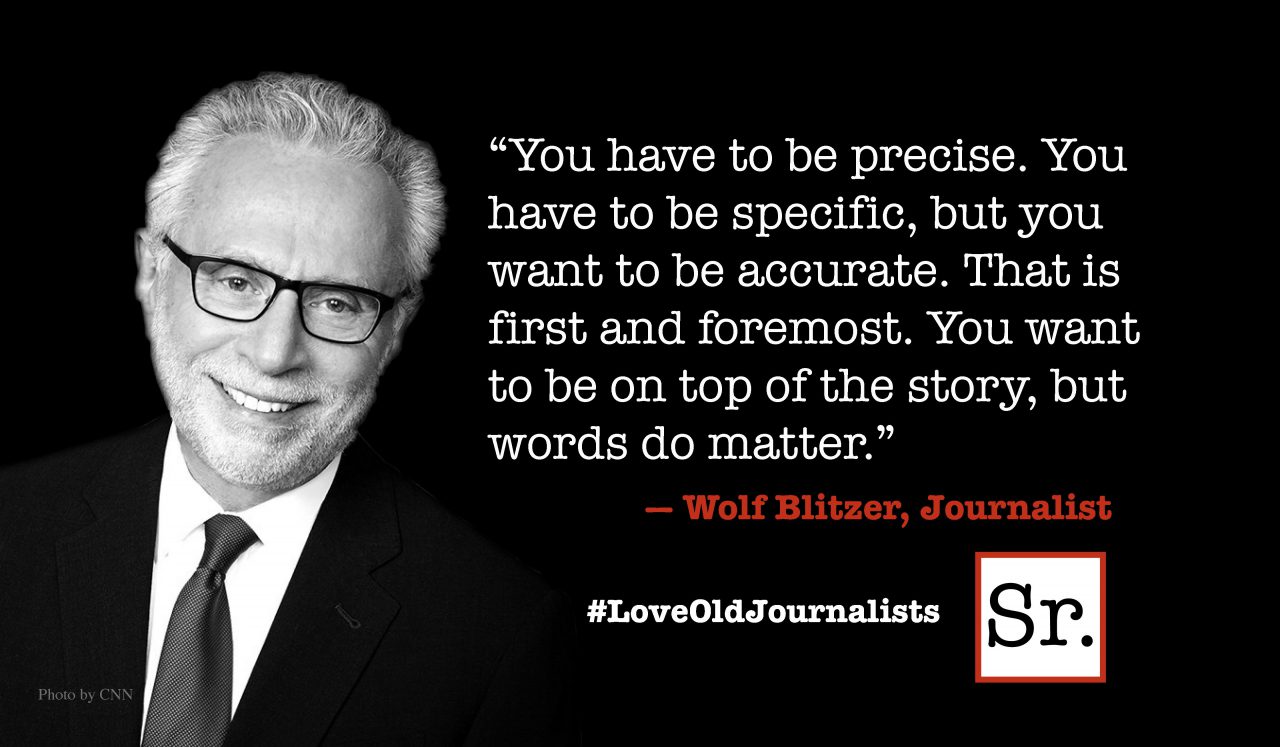We were in the business coaching profession before there was such a profession. Yes, we were there, "in the beginning." We were coaching before coaching was cool. In the early days, we spent a lot of time trying to explain coaching to potential clients, existing clients, members of our professional network, and even family members.
It seemed logical to us that since sports professionals and performing arts professionals had coaches, that business professionals could benefit from coaching, in much the same way. Alas, we frequently received calls from individuals who wanted to arrange trips to various parts of the country because they thought we were a motor coach company. After receiving one too many of these calls, I was tempted to buy a bus and offer tours.
Were we in the wrong business? In one of my soul searching moments, I turned to my trusty dictionary to get a proper definition of coach. I found this definition: "a coach is a vehicle to take a person of value from where they are to where they want to be." Well, that definition certainly seemed to describe coaching to me. Our services were the vehicle. And, we help people who value themselves grow as individuals. We help organizations access the hidden value of their people to accomplish goals, solve problems, improve quality and productivity and attract and retain customers.
As time went on and a whole profession was formed, we spent less time explaining and more time coaching. Even so, we still got questions like "what's the difference between a consultant and a coach?"
As coaches, we tap into and bring out the best in those we work with. We have found that the consulting profession is more of an outside in approach, whereas coaching is more of an inside out approach.
Consultants tend to bring in strict methodology and seek adherence to that methodology to achieve business objectives and solve problems. And there is certainly a time and place for that. Coaches focus more on the people side of the business, for indeed "every business is a people business." Good coaches are teachers too. They seek to build and access competence and confidence in their clients so that those clients can act independently. It is a "teaching one to fish" approach.
Coaches are more inclined to approach the situation by asking high-gain questions. High-gain questions are those questions that cause another to really think, often quite differently about a problem or an opportunity, and ultimately develop their own answer and approach. When that occurs, the individual or group has more ownership for a plan they develop than one that is imposed on them. This column closes each time with a set of high-gain questions, which we call your coaching challenge. We hope it helps you think about work and life a little differently and from that thinking, take positive action.
Consultants are more inclined to approach the situation with answers from the methodology they are imparting. Coaches bring process to help clients tap into and access their own wisdom. Spending time with a good coach is an extremely empowering and energizing investment. Coaches challenge and give assignments to clients who ultimately do the work. Consultants tend to take on the assignments themselves and do the work, providing the client with a "deliverable" or a product.
We may have been ahead of our time with our "coach approach." But, we are finding that a "coach approach" to helping individuals and organizations is definitely more timely than ever in today's topsy turvy economy where resources are so scarce. We often compete with consultants for projects. Our clients find our coach approach far more cost effective. They often want us to help them develop their own internal coaches so that the organization can be even more effective and self sufficient.
After all these years, we continue to love our work. We love to coach and develop internal coaches. We find that this more organic, more natural, inside out approach, enables sustainable, transformational change that helps our clients remain competitive in the challenging global economy in which we all play.
Your Coaching Challenge, Should You Choose to Accept It:
Identify persistent problems or opportunities you may be experiencing. What are some high-gain questions you might ask yourself around one or more of these situations? For examples of high-gain questions, review the coaching challenge section in past issues of this column.








